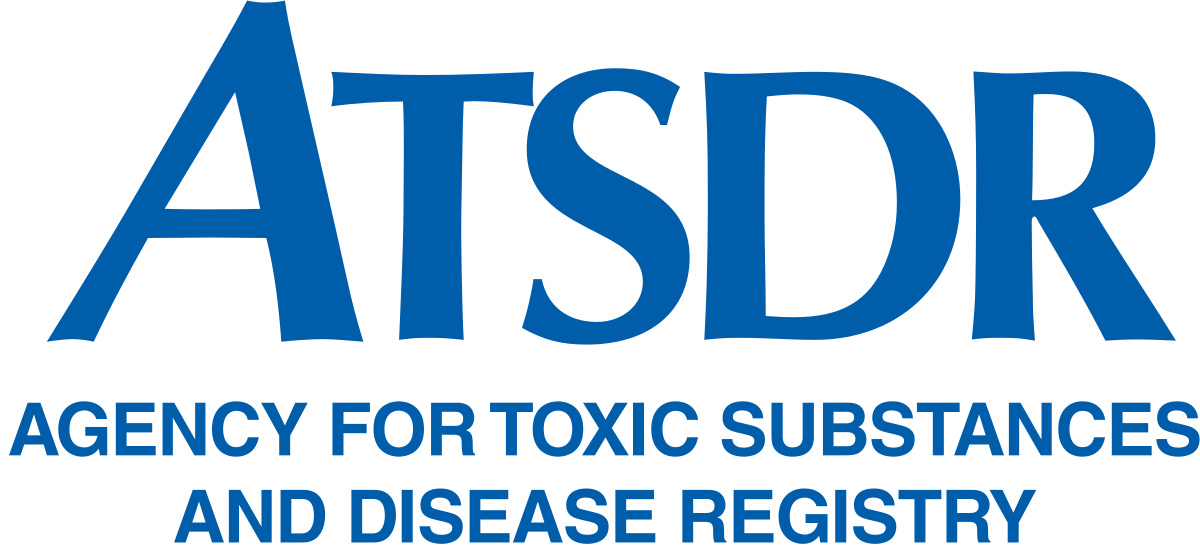Company Directory - Agency for Toxic Substances and Disease Registry
Company Details - Agency for Toxic Substances and Disease Registry

Agency for Toxic Substances and Disease Registry
WebsiteUnited States
A federal public health agency of the United States Department of Health and Human Services that works to prevent exposure to hazardous substances.
CCI Score
CCI Score: Agency for Toxic Substances and Disease Registry
-20.74
0.04%
Latest Event
ATSDR Impacted by HHS Restructuring and Mass Layoffs
The Agency for Toxic Substances and Disease Registry (ATSDR), under the umbrella of HHS, is included in a major restructuring plan that involves significant mass layoffs and cost-cutting measures, including reductions in DEI spending, raising concerns about worker rights and effective public health service delivery.
Take Action
So what can you do? It's time to make tough choices. Where will you cast your vote?
- Shop Alternatives
SEE ALL - Use Your Voice
OTHER TOOLS - Investigate
- Share the Score
SUPPORT CCI
ACCOMPLICE
Agency for Toxic Substances and Disease Registry is currently rated as an Accomplice.
Latest Events
 APR012025
APR012025The Agency for Toxic Substances and Disease Registry (ATSDR), under the umbrella of HHS, is included in a major restructuring plan that involves significant mass layoffs and cost-cutting measures, including reductions in DEI spending, raising concerns about worker rights and effective public health service delivery.
 OCT092024
OCT092024A DOGE Analysis article reviews the functions of the Agency for Toxic Substances and Disease Registry (ATSDR), noting its vital role in assessing toxic exposures and educating the public, but also criticizing the agency for constitutional overreach, redundant functions, high operational costs, and inefficiencies. The analysis recommends either abolishing the agency and reallocating its resources or streamlining its operations, arguing that the current structure may dilute effective public health protection and weaken local oversight.
-40
Public and Political Behavior
April 2
The analysis questions the constitutional mandate of ATSDR and suggests that its abolition could undermine a crucial public health safeguard, thereby reducing government accountability and local control. From an anti-fascist perspective, dismantling an institution that protects vulnerable populations may inadvertently consolidate power away from community oversight.
DOGE Analysis of the Agency for Toxic Substances and Disease Registry
-20
Business Practices and Ethical Responsibility
April 2
The article criticizes ATSDR for its high operational costs and redundant functions, suggesting that resources are not being used effectively to protect public health. This inefficiency can lead to misallocation of taxpayer funds that could otherwise support more direct and localized interventions, harming community well‐being.
DOGE Analysis of the Agency for Toxic Substances and Disease Registry
-30
Economic and Structural Influence
April 2
The structural inefficiencies and calls for the reallocation of ATSDR’s resources indicate potential disruption in established public health frameworks. Such changes could weaken the structural support for community health protections, reducing oversight and increasing fragmentation, which may inadvertently open the door for authoritarian control over public service delivery.
DOGE Analysis of the Agency for Toxic Substances and Disease Registry
 AUG011997
AUG011997An investigation revealed that in 1997, ATSDR altered its report on Camp Lejeune’s water contamination after pressure from military officials, downplaying health hazards such as benzene exposure. This report was later retracted in 2009, underscoring the agency’s compromised role in protecting public health.
-60
Public and Political Behavior
April 2
The 1997 report was substantially altered under direct military pressure, undermining ATSDR's mandate to objectively assess public health risks. This political interference weakened transparency and accountability, aligning with authoritarian interests by protecting military and economic stakeholders at the expense of vulnerable populations.
A US public health agency got it wrong. Here's the toll of its errors.
-50
Regulatory Capture
April 2
Internal communications revealed that military entities influenced revisions to the ATSDR report, indicating regulatory capture. Such undue influence compromises the agency’s duty to safeguard public health by allowing authoritarian-aligned pressures to override scientific integrity.
A US public health agency got it wrong. Here's the toll of its errors.
Alternatives

Paris, France
25.00

Corporation
-24.32
Vancouver, Canada
41.54

Canada
26.20

Corporation
66.57

Corporation
63.51
Corporation
30.53

Washington, D.C., United States
66.78

Arlington, United States
56.62

New Haven, United States
56.12
Industries
- 541620
- Environmental Consulting Services
- 923120
- Administration of Public Health Programs
- 926150
- Regulation, Licensing, and Inspection of Miscellaneous Commercial Sectors